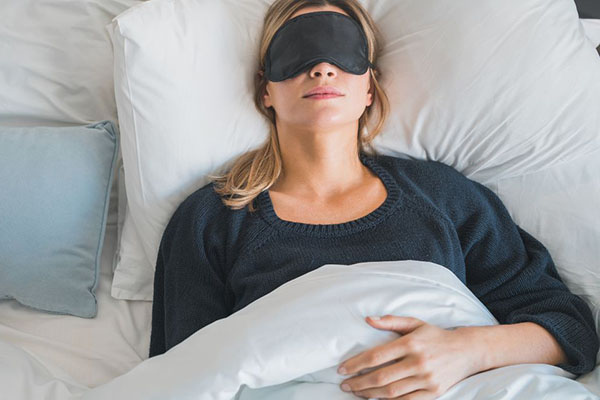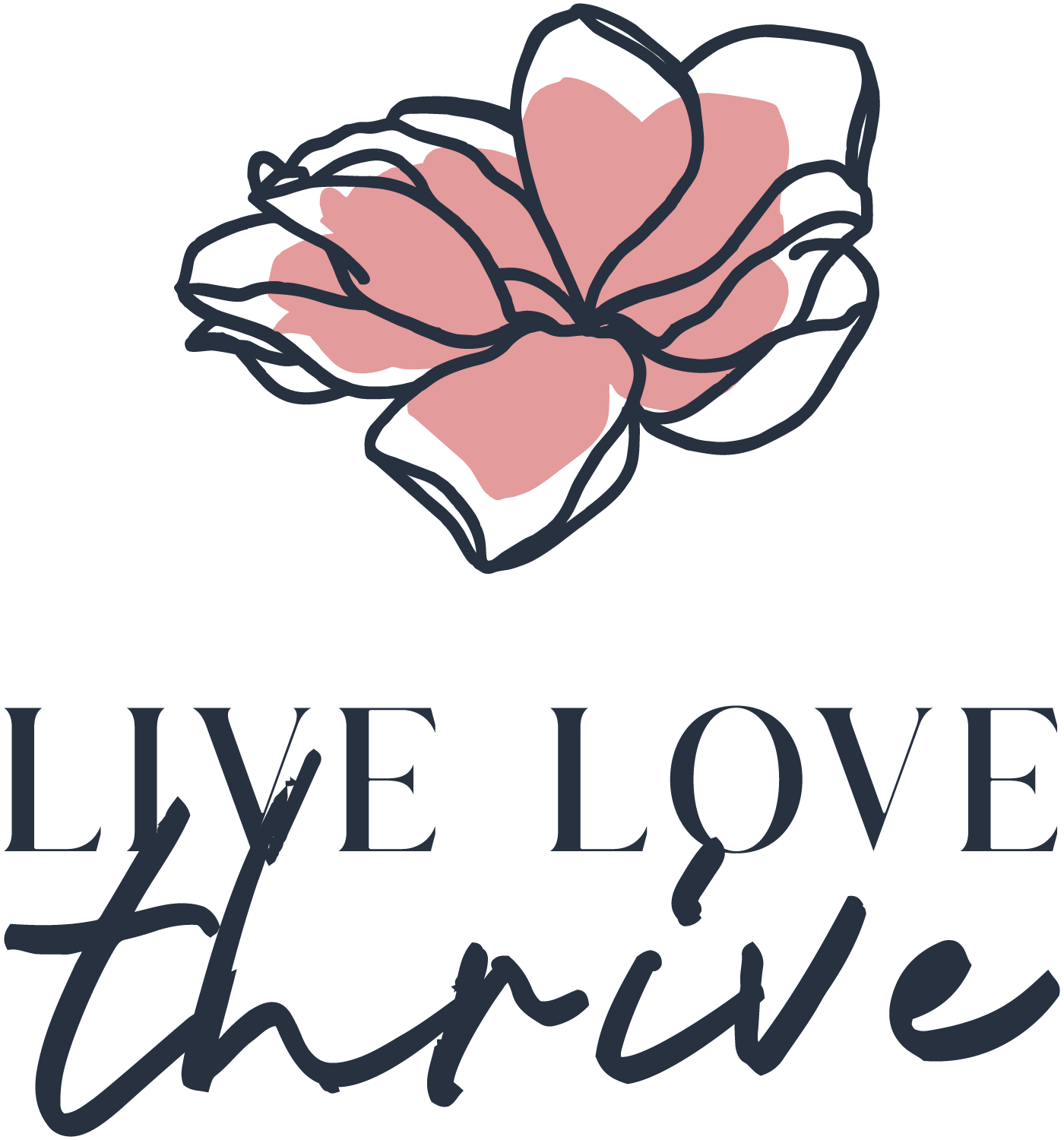
Why Menopause Affects Sleep Quality
Sleep changes are a common challenge during menopause. Many women experience insomnia or disrupted sleep that leaves them feeling drained the next day. Trouble falling asleep, staying asleep, or waking up too early is more than just a nightly annoyance — it can affect mood, energy, and overall health.
During menopause, hormone shifts — especially a drop in progesterone, often called the “relaxation” hormone — can make falling asleep and staying asleep more difficult. Progesterone naturally promotes calm and supports deep sleep, so when levels drop, sleep can become more fragile.
Night sweats and hot flashes also interrupt sleep cycles, leaving you tossing and turning throughout the night. These disruptions make restorative sleep harder to achieve and increase feelings of fatigue during the day.
Insomnia & Sleep Disruption: What It Feels Like and Why It Happens
What it feels like:
- Difficulty falling asleep
- Waking frequently during the night
- Waking too early and struggling to go back to sleep
- Feeling tired even after a full night in bed
Why it happens:
- Lower progesterone levels
- Night sweats and temperature fluctuations
- Increased stress or anxiety
- Changes in circadian rhythm
Natural Support for Better Menopause Sleep
While menopause-related sleep problems are common, they are not inevitable. Natural solutions can help support your body’s ability to relax and rest deeply.
1. Melatonin
Melatonin is a hormone your body produces to regulate sleep cycles. As we age, melatonin production decreases, which can make it harder to fall asleep naturally. Supplementing with melatonin can help reset your sleep rhythm.
2. Calming Botanicals
Nature offers powerful support for relaxation. Time-tested botanicals like valerian root, chamomile, lemon balm, and passionflower are all known for their calming effects on the body and mind. GABA and L-tryptophan further support your brain’s natural relaxation pathways, helping you unwind and drift into deeper, more restorative sleep.
3. Nighttime Rituals
Simple habits like gentle stretching, deep breathing, limiting screen time before bed, and dimming lights can signal to your body that it is time to rest.
How a Dream Sleep Supplement Works for Menopause
A dream sleep supplement blends natural ingredients designed to help menopausal women overcome insomnia and sleep disruption. By combining melatonin and calming botanicals, it works with your body’s own systems to improve sleep quality without grogginess the next day.
For example, LiveLoveTHRIVE’s DREAM sleep supplement contains gentle, science-backed compounds such as valerian, chamomile, passionflower, GABA, and L-tryptophan. These ingredients help relax the mind and body, regulate sleep cycles, and promote deeper, more restorative sleep.
Lifestyle Tips to Improve Sleep During Menopause
- Keep a regular sleep schedule: Go to bed and wake at the same time every day.
- Create a calming bedtime routine: Avoid screens, bright lights, and stimulating activities before sleep.
- Control bedroom environment: Keep your bedroom cool and dark to minimize night sweats and disturbances.
- Limit caffeine and alcohol: Both can interfere with sleep quality, especially later in the day.
Reclaim Restful Nights with a Dream Sleep Supplement
Menopause changes more than your hormones — it changes your sleep. Insomnia and sleep disruption are common, but they are not something you have to accept as permanent. By understanding why it happens and exploring natural options like a dream sleep supplement, you can reclaim restful nights and wake up ready to thrive.
Discover how Thrive DREAM can support your best sleep during menopause. Shop Thrive DREAM
FAQ — Menopause & Sleep Support
- What is a dream sleep supplement?
- A dream sleep supplement is a natural sleep aid designed to improve sleep quality. These blends often combine melatonin, magnesium, and calming botanicals to help you fall asleep more easily, stay asleep longer, and wake up refreshed.
- How can a sleep support supplement help with menopause insomnia?
- Menopause can bring hormonal shifts, night sweats, and stress that disrupt sleep. A quality sleep support supplement works with your body to promote relaxation, regulate your sleep cycle, and support deeper rest.
- Are natural sleep aids safe for menopausal women?
- Yes. Many natural sleep aids, including those marketed as dream sleep supplements, contain gentle ingredients like melatonin, chamomile, and magnesium that are safe for most women. Always consult your healthcare provider before beginning any new supplement.
- When is the best time to take a sleep supplement for optimal rest?
- For best results, take your sleep supplement about 30–60 minutes before bedtime. This allows your body to absorb the ingredients and prepare for a restorative night’s sleep.
- Will a sleep supplement replace healthy sleep habits?
- No. Sleep supplements are most effective when combined with good sleep hygiene. Maintaining a consistent bedtime routine, keeping your bedroom cool and dark, and avoiding screens before bed can all enhance the supplement’s effects.



